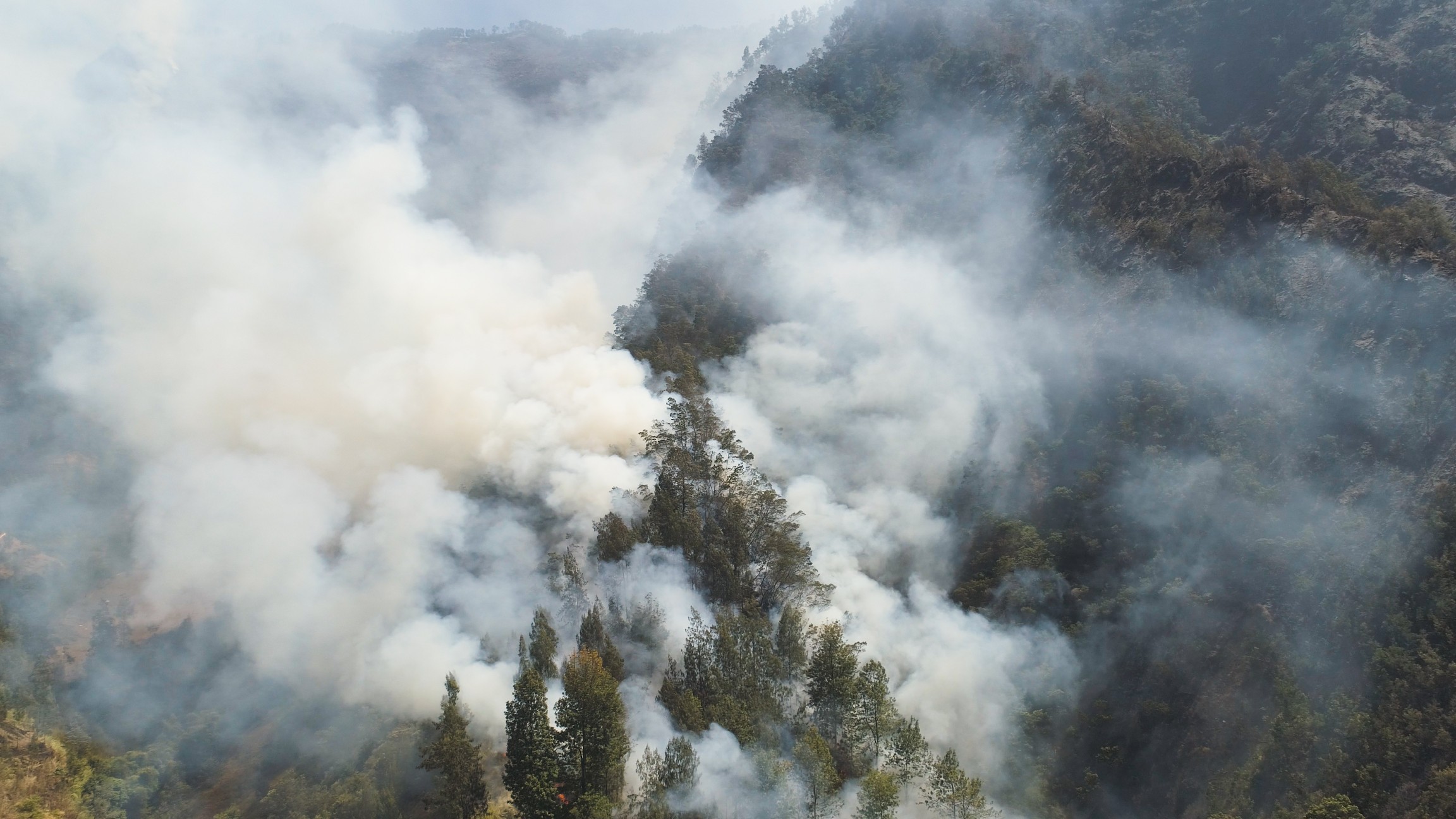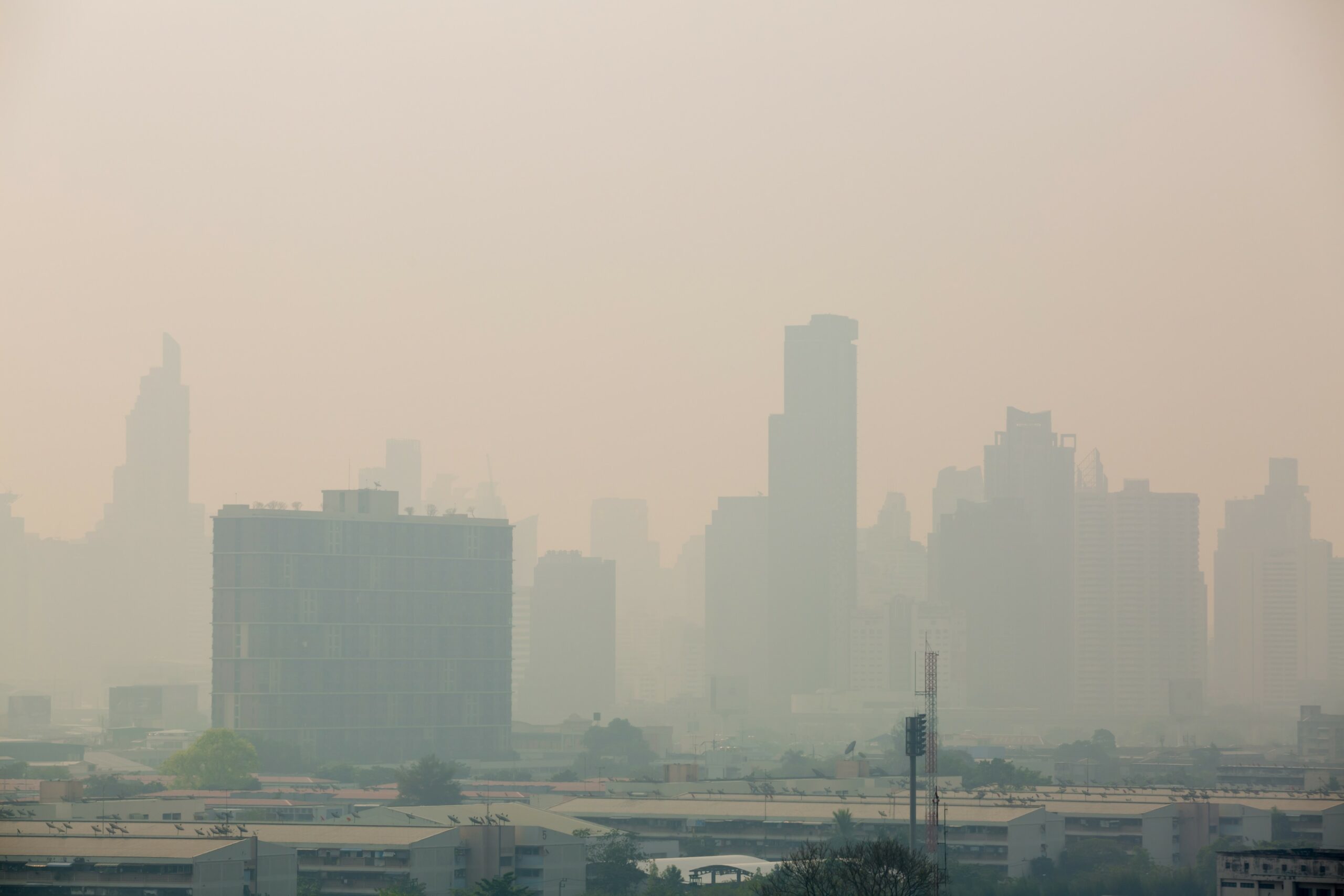
Heavy Rain, Flooding, and Chance of Severe Weather Staring Down the Southern U.S.
January 22, 2024
Posted: June 8, 2023 9:30 am





It looked almost apocalyptic in New York City when the sun rose on Wednesday as smoke from infernos burning in Canada continued to filter down into much of the northern U.S. How bad has the air quality been in this region? Read on for all of the details.
Over 55 million people living in the Northeast, Midwest and the mid-Atlantic are under some form of air quality alert. Detroit and New York City have been hit particularly hard with the smoke with both cities now dealing with some of the worst air quality ratings on the planet as of Wednesday morning.
While some cities, including New York, Philadelphia, and Washington, D.C, can expect the air quality to improve by the end of Wednesday, it will get worse before it gets better. In addition, places such as Boston and Raleigh will see the air quality deteriorate as the day goes on.
The poor air quality is the result of over 150 wildfires raging across the Canadian province of Quebec this week. According to the Canadian Interagency Forest Fire Centre (CIFFC), this is more than twice the number of fires currently burning in other provinces as the country grapples with a record-breaking early start to the wildfire season.
According to the latest data from the Air Quality Index (AQI), a number of major cities are under a designation of unhealthy air. A reading over 150 is considered to be in the unhealthy range.
As of Wednesday morning, Philadelphia had an AQI of 190 while New York City came in at 171. Across the border, Jersey City, New Jersey was coming in at 163 for its AQI. The smoke was nearly as bad on the coast with New Haven, Connecticut seeing a reading of 154.
The highest reading of the morning so far was measured in Syracuse. This city in upstate New York saw an AQI of 351, landing it in the “hazardous” category. This means that all outdoor physical activity should be avoided for all groups. Farther south, the AQI in Wilmington, Delaware soared to 199, falling under the designation of “very unhealthy.”

The unhealthy air prompted local officials to warn residents to exercise caution. Philadelphia and New York City residents were told to remain indoors and to not participate in outdoor activities.
This is especially important for people who may be sensitive to the quality of air, such as the elderly, young children, pregnant women, and those with heart and lung conditions.
Many school districts also made the move to cancel all outdoor activities, including athletics, field trips, and recess. This includes the public school districts in New York City and Washington, D.C.
The extreme smoke may also be responsible for widespread flight delays in the coming days. According to the Federal Aviation Administration (FAA), this includes the possibility of delays at some of the nation’s busiest hubs, including New York City, Boston, Philadelphia, Washington, D.C., and Detroit.
The tracking site FlightAware reported over 71 flight cancellations and over 1,000 delays as of noon eastern on Wednesday. Visibility at Newark Liberty International Airport was down to just two miles, prompting concern that conditions could worsen.
In addition to limiting time spent outdoors, this is a good time to break out any masks used during the pandemic. A high-quality N95 mask will work the best in filtering out the harmful air particles.
You can also limit your exposure to the smoke by using an air conditioner if possible and closing all windows. A specially designed HEPA filter is another good tool.
Looking ahead, forecasters are warning that the air quality will hover in these unhealthy levels through at least the end of the week. While conditions will often improve at times, a shift in the wind patterns could potentially bring in more smoke.
Did you find this content useful? Feel free to bookmark or to post to your timeline for reference later.

January 21, 2024

January 19, 2024

January 18, 2024